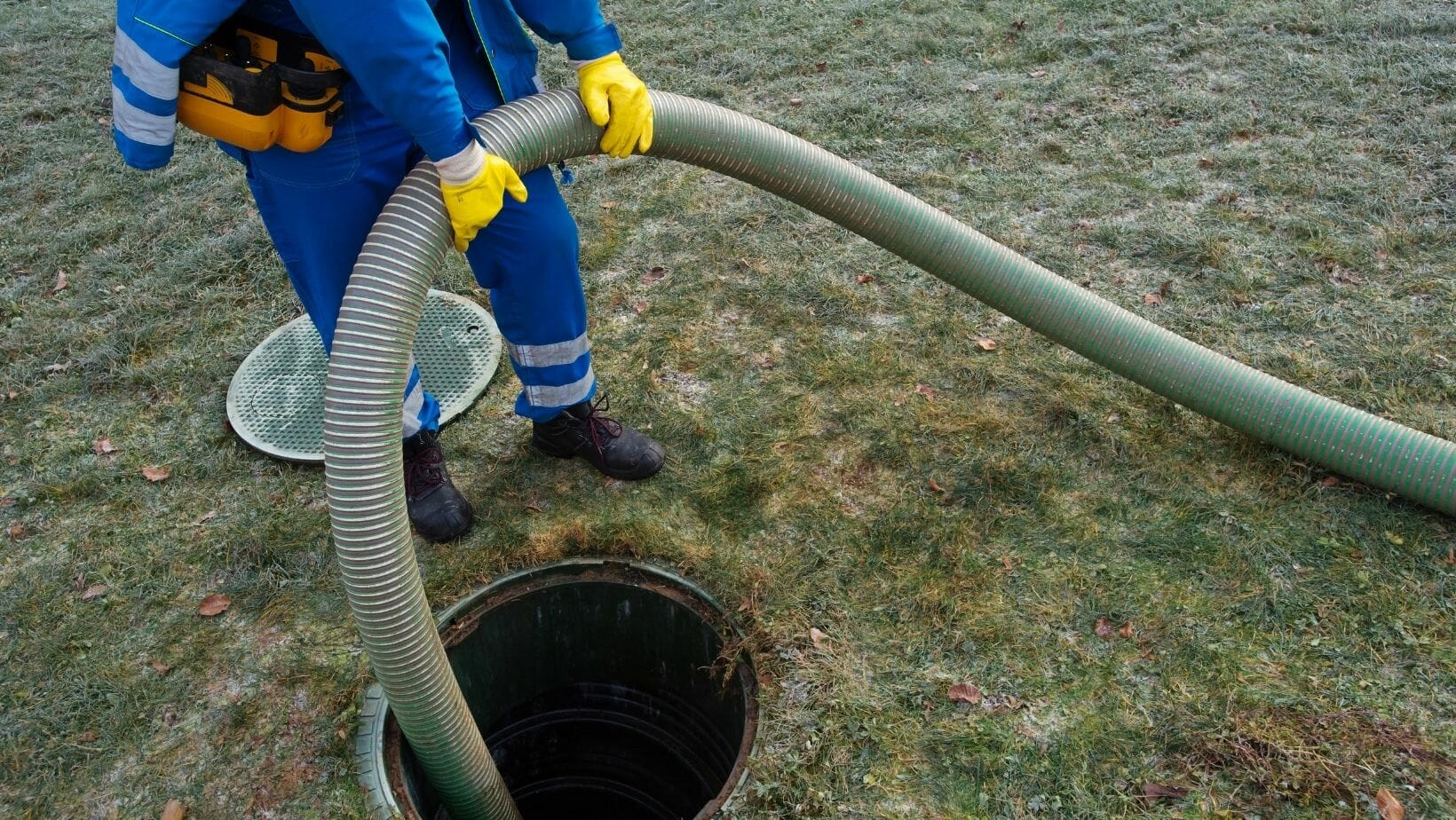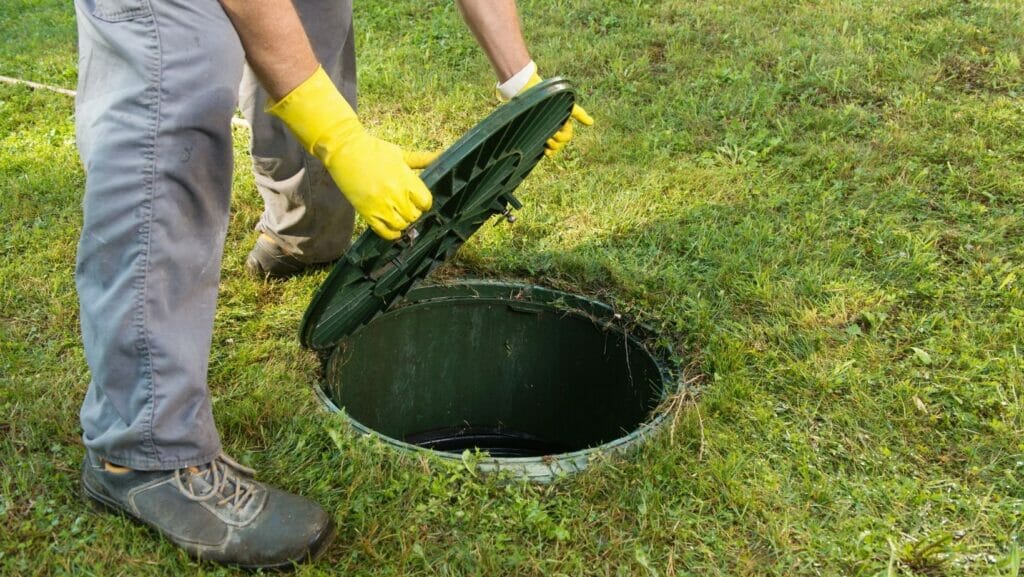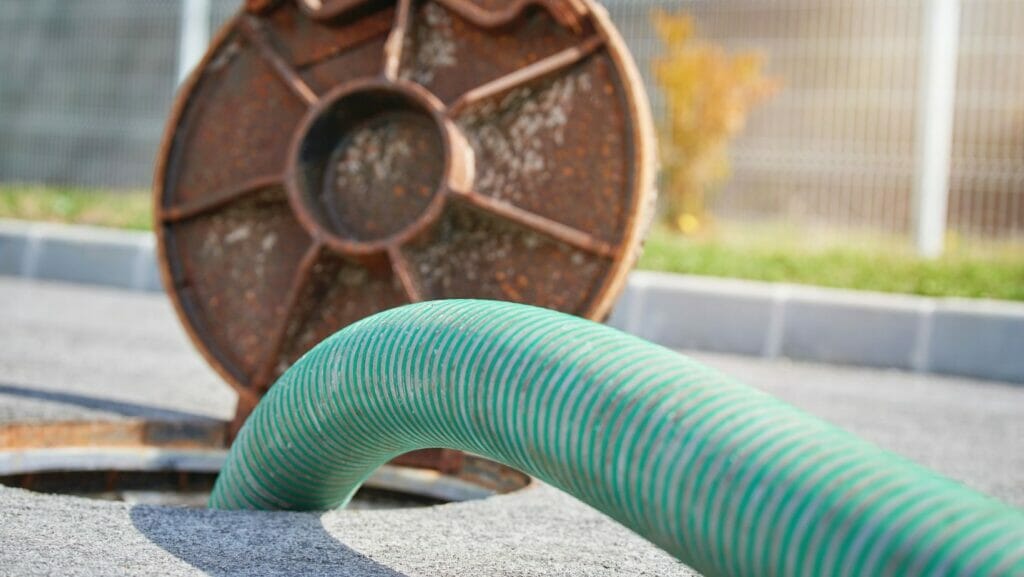
Most of us are familiar with the kind of waste that accumulates in septic tanks, but there is also more to it. Along with yesterday’s lunch, there are other types of waste that end up in the tank.
Although the primary water sources entering your septic tank are from your toilet, other household water sources like shower sinks, dishwashers, and washing machines also contribute. Naturally, when this water makes your tank reach its full capacity, the water must be emptied to continue normal waste removal.
However, wastewater treatment is a complex process, as it comes with many layers and steps to treat the waste properly.
This is why we have come up with this article – a place where you will be assisted with all concerns like ‘septic tank making humming noise’ and, most importantly, when, how, and why you should empty the tank.
Let’s get started!
Why Does Septic Tank Need Emptying?
Typically, a septic tank has an outlet, usually in the form of a pipe that reaches either a drainage field or a soakaway system.
This pipe forms a network of perforated or slotted pipes, allowing the wastewater from the tank to immerse into the ground while making sure that it doesn’t contribute to any kind of pollution.
However, your septic tank itself does not treat any waste. Instead, it simply separates the collected waste into three different layers.
- Scum
- Separated wastewater
- And the sludge
The second layer, that is, the wastewater, is the only one that leaves your tank and heads ahead for the soakaway system, leaving the other, more solid stuff behind. Solid waste is what emptying your septic tank means, and you need to clear this waste out regularly.
Consequences of Not Emptying Your Septic Tank
In simple words – the consequences of not emptying your septic tank are bad. This is because it spreads a pungent odor in your garden.
It’s important to remember that if you forget to empty your septic tank, you might experience some more regular plumbing problems such as a slower flushing toilet, strange gurgling sounds when water is used, or waste building up in your house.
The inefficiency of your septic tank could be causing the wrong kind of a waste to escape and flow into your soakaway system, which might result in a blockage that then leads to waste pooling near the ground. Along with creating a major problem like this, it can have a bad effect on the environment as the waste can easily pollute the local watercourses.
How Often Should You Empty Your Septic Tanks?
On average, you will probably want to empty your septic tank yearly.
Of course, there are a lot of factors to consider before making this decision, and it depends on the number of people that live in your house, accounting for how much waste fills the tank.
It’s also important to know whether or not your septic tank is the right size for your property. For example, if you’ve made additions over time to your property, then it might be time to upgrade because the larger tank would be better able to handle the scale of those changes.
A larger tank in the drainage system could go a longer period of time without being emptied, whereas undersized or overused tanks may need to be drained more regularly.
In a general sense, though, once in a year is an ideal place to start.
Other Issues that Come with Septic Tanks
There are some signs that point towards having a major issue over time with your septic tanks. Some of them are:
- Gurgling sounds coming from the pipes
- Waste coming out of drains, sinks, and toilets backing up into the property
- Pungent smell around the septic tank and drain field
While these are the technical problems of a septic system, if you hear your septic tank making a humming noise, you should probably add an AVR unit in your next maintenance appointment.
Summing Up
The process of emptying your septic tank is no rocket science; it simply involves sucking out all the solid waste that is left behind with the help of a long flexible hose.
The disposal abides by the said rules of your neighborhood, so you shouldn’t worry too much about it. All you need is an experienced professional service provider, someone who knows what they are doing.














